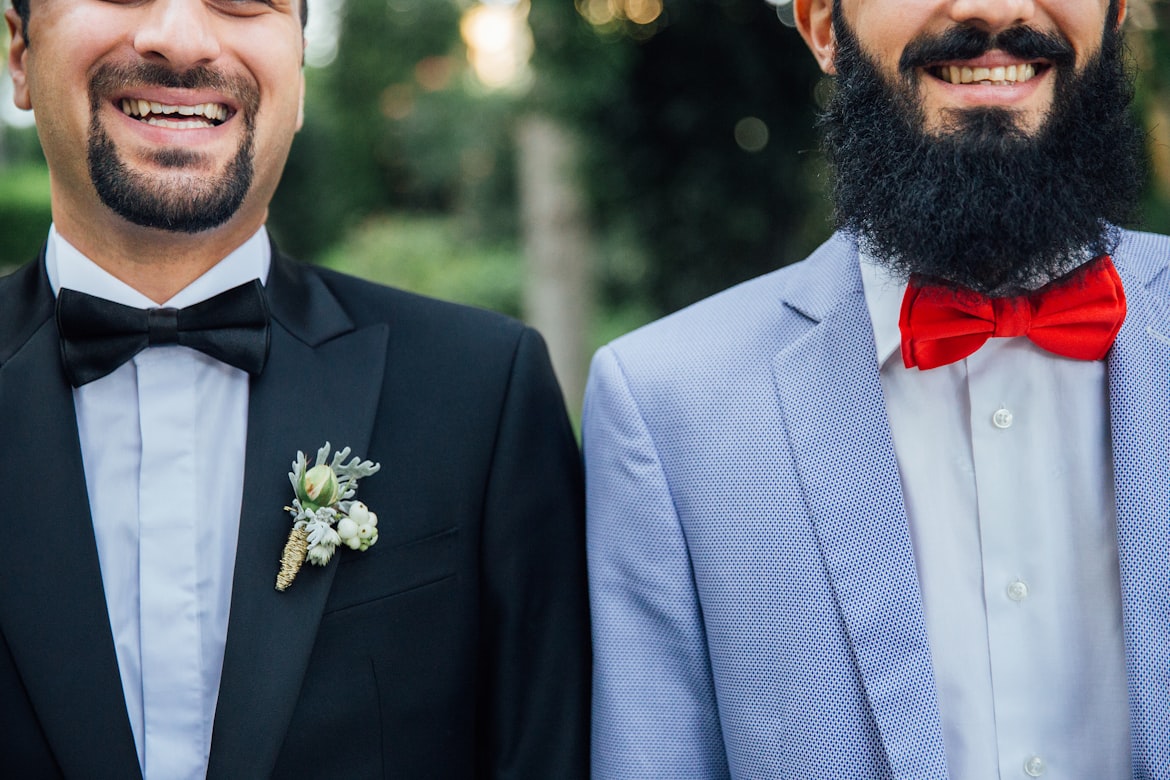A Narcissist Can Easily Dominate in a Gay Couples Relationship

- A narcissist may utilize the defense mechanisms of idealization and devaluation in tandem to gain emotional control of a partner.
- Idealization occurs when a narcissist love-bombs a person or agrees with everything they think and feel at the beginning of the relationship.
- Devaluation occurs when the narcissist suddenly “drops” the person without an explanation or care.
Interpersonally, a narcissist often prioritizes control over closeness. Although manipulative, maintaining emotional control of a partner is a powerful way to dominate in a relationship. Difficult to detect because of the narcissist’s ability to convince the person that the fault is theirs, this tactic slowly erodes a person’s self-esteem.
Continue reading at Psychology Today.
For gay couples relationship therapy, contact me to make an appointment.





 Every relationship has its ups and downs. In fact, life has its ups and downs.
Every relationship has its ups and downs. In fact, life has its ups and downs. Passion refers to intense feelings of longing for a partner, whether emotionally or sexually. In North America, at least, people who have more passion in their relationships tend to be happier.
Passion refers to intense feelings of longing for a partner, whether emotionally or sexually. In North America, at least, people who have more passion in their relationships tend to be happier.
